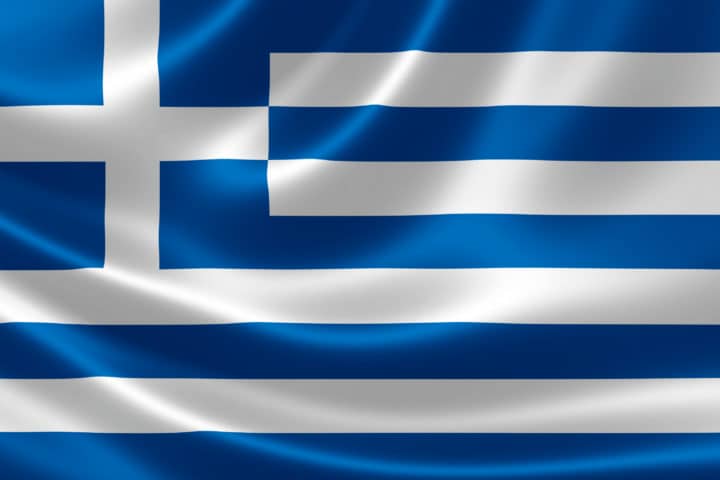 The National Republican Greek League (Ethnikon Dimokratikon Ellinikon Syndesmon, EDES) holds a significant place in Greek history as a pivotal force during the Axis occupation of Greece in World War II. EDES emerged as a significant resistance organization, actively combating the Axis forces while promoting democratic values and national unity. Here’s more information about this:
The National Republican Greek League (Ethnikon Dimokratikon Ellinikon Syndesmon, EDES) holds a significant place in Greek history as a pivotal force during the Axis occupation of Greece in World War II. EDES emerged as a significant resistance organization, actively combating the Axis forces while promoting democratic values and national unity. Here’s more information about this:
Origins and Ideology
The National Republican Greek League was established in 1941 by Colonel Napoleon Zervas, a distinguished military officer. EDES was initially formed as an anti-communist and anti-monarchist organization dedicated to defending democracy, constitutional monarchy, and national independence. Its ideology was deeply rooted in the belief that Greece should be liberated from the Axis occupation and internal threats to democracy.
Key Leaders and Operations
Colonel Napoleon Zervas. As the founder and leader of EDES, Zervas played a vital role in shaping the organization’s strategy and operations. Under his command, EDES actively engaged in guerrilla warfare, sabotage missions, and intelligence gathering, targeting Axis forces and collaborators. Zervas’ charismatic leadership and military expertise contributed significantly to the success of EDES.
Collaboration with the Allied Forces. EDES worked closely with the Allied forces, particularly the British Special Operations Executive (SOE). This collaboration allowed EDES to receive training, weaponry, and vital supplies, enabling them to carry out large-scale operations against the Axis occupation. The joint efforts of EDES and the Allies contributed to the weakening of Axis control over Greece.
Mountain Strongholds and Liberation. EDES established mountain strongholds in regions like Epirus, which became bases for resistance activities. The organization launched several successful liberation campaigns, reclaiming control of strategic locations from the Axis forces. These victories boosted morale among the Greek population and showcased the effectiveness of EDES’s resistance efforts.
Legacy and Impact
Preservation of Democracy. EDES played a crucial role in safeguarding democratic principles during immense turmoil. By actively resisting the Axis occupation and collaborating with the Allies, EDES contributed to the eventual liberation of Greece and the restoration of democratic governance.
National Unity and Reconciliation. EDES’s commitment to national unity and reconciliation stood out throughout its existence. Despite ideological differences and occasional conflicts with other resistance groups, EDES consistently advocated for a united front against the Axis forces. Its inclusive approach contributed to the post-war reconciliation efforts in Greece.
Inspiring Future Generations. The National Republican Greek League symbolizes Greek resistance and resilience. Its legacy inspires future generations to uphold democratic values, fight against oppression, and work toward national progress. The courageous actions of EDES members during the war serve as a testament to the power of unity and determination.
The National Republican Greek League, founded by Colonel Napoleon Zervas, stands as a testament to the indomitable spirit of the Greek people during World War II. EDES’s unwavering commitment to democracy, national independence, and unity set it apart as a significant force in the Greek resistance movement.
Through their strategic operations and collaboration with the Allied forces, EDES played a pivotal role in weakening the Axis occupation and paving the way for Greece’s liberation. The legacy of EDES lives on, inspiring future generations to stand up against tyranny and defend the principles of democracy and freedom.

